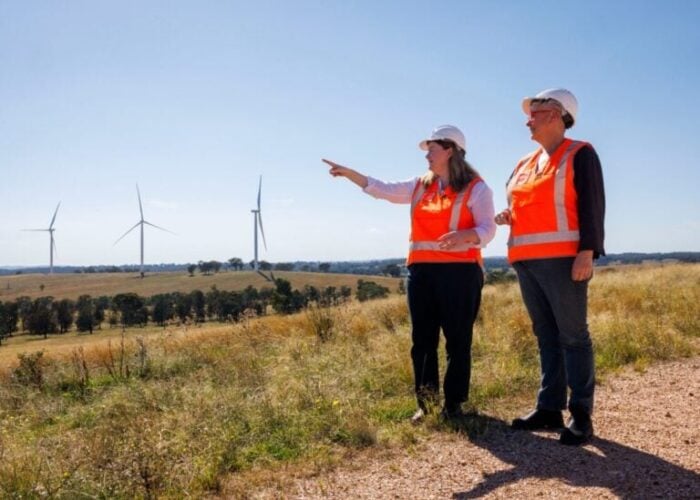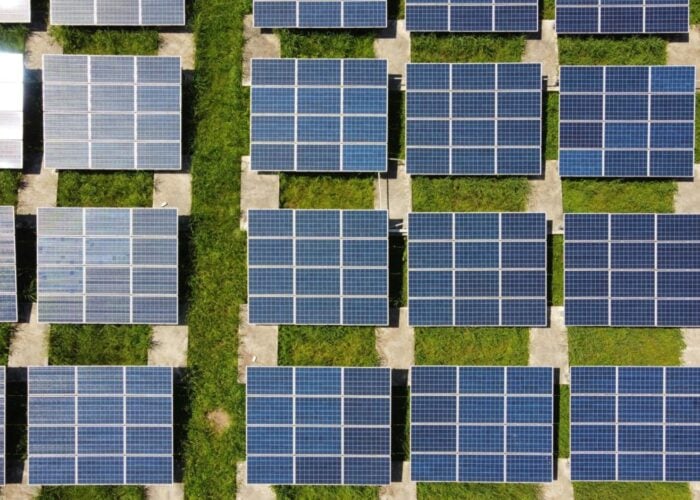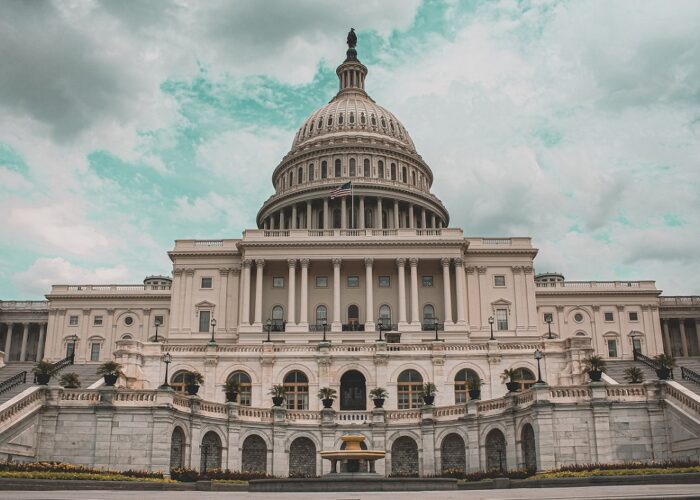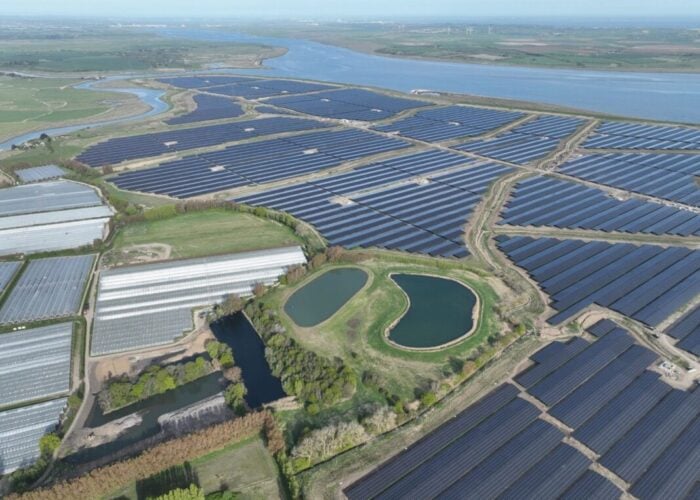The US Department of Energy (DOE) is making a US$13 million investment in five separate projects designed to improve manufacturing competitiveness in the domestic solar industry.
Having taken over the mantle from NREL, the DOE's SunShot Initiative is increasingly the focus of attention on supporting US manufacturing companies in the sector.
Unlock unlimited access for 12 whole months of distinctive global analysis
Photovoltaics International is now included.
- Regular insight and analysis of the industry’s biggest developments
- In-depth interviews with the industry’s leading figures
- Unlimited digital access to the PV Tech Power journal catalogue
- Unlimited digital access to the Photovoltaics International journal catalogue
- Access to more than 1,000 technical papers
- Discounts on Solar Media’s portfolio of events, in-person and virtual
The latest round of project funding is matched by over US$14 million in private cost share.
Suniva has been awarded a US$4.5 million grant to pursue innovations in its manufacturing processes for solar cells and modules at its flagship 200MW facility in Norcross, Georgia, which is the site selected for the grant provided by the Solar Manufacturing Technology (SolarMat) programme and sponsored by the Energy Department.
Suniva intends to use the funds for next generation technologies that reduce module costs to below US$0.50/watt with improvements that increase module power while decreasing manufacturing costs.
Colorado-based Abengoa Solar is to develop new methods to produce concentrating solar power trough systems, helping to lower overall production costs and support easy and quick on-site assembly, primarily by switching to highly-automated assembly processes, via a funding of US$1.9 million.
Materials specialist, PPG Industries, will lead a project with partner Rextronics to cut solar module manufacturing costs in half by further automation and system integration. The company has received US$2.1 million in funding.
California-based Solaria will also use US$2.0 million in funding for new automation techniques to lower production costs of its low-concentrating PV modules and enable the migration to high-volume production.
SolarWorld is also being funded to the tune of US$2.4 million in what is described as a ‘light management system’ incorporated into PV modules to reduce optical losses. Low-cost components are the focus that would be implemented with highly automated robotic systems.
The SunShot Initiative’s goal is to support technology and manufacturing efforts to enable PV companies in the US become fully cost-competitive with traditional energy sources by the end of the decade.







